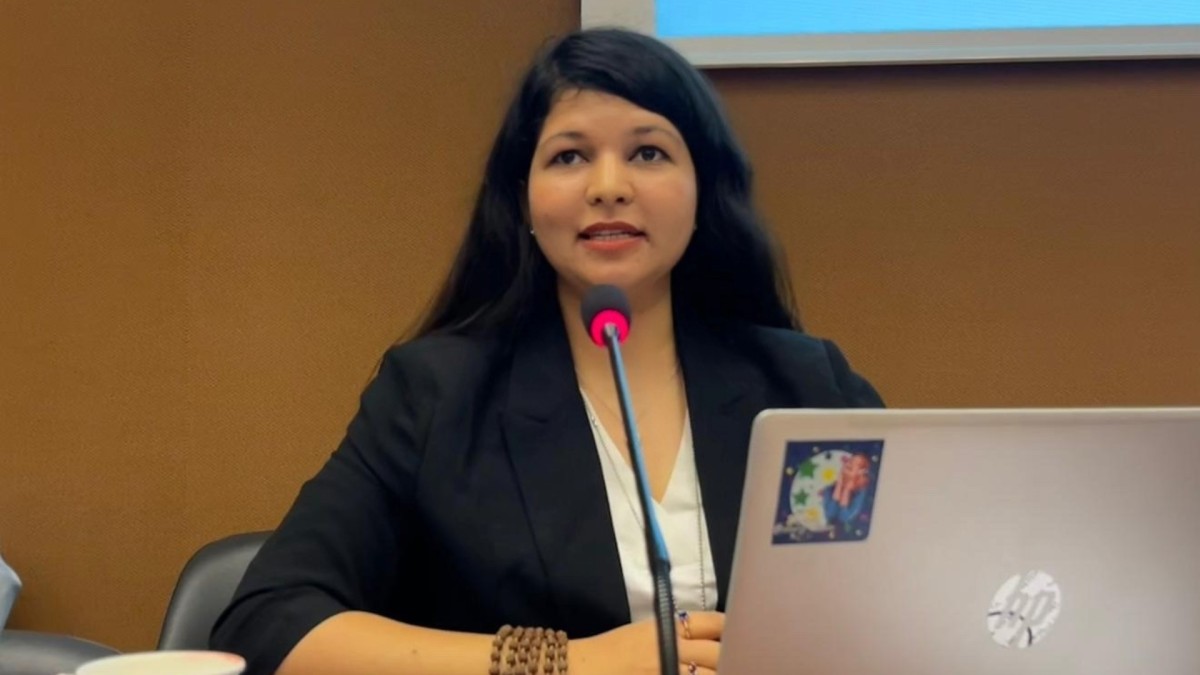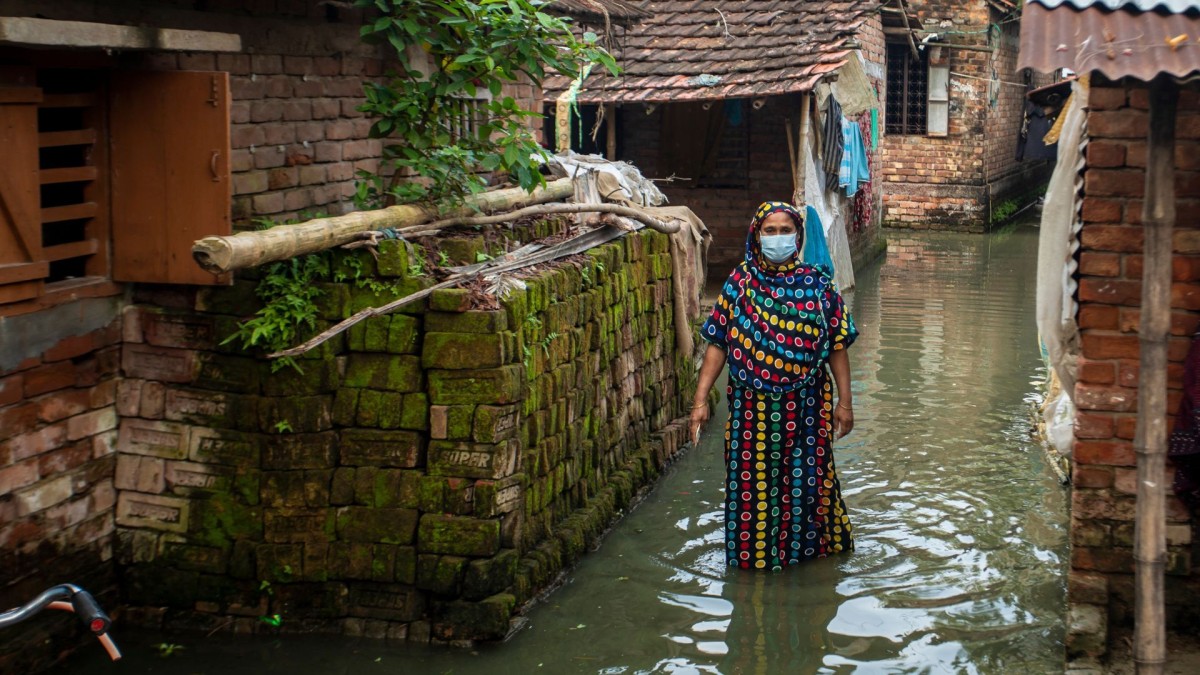The Universal Periodic Review: holding states accountable to the human rights to water and sanitation
Water and sanitation are human rights. Simavi successfully advocated for these rights using the Universal Periodic Review mechanism. ‘Geneva offers a unique opportunity to get nations, such as Bangladesh, to recommend each other on the realisation of these rights’, says Sabiha Siddique.
‘Although Bangladesh is surrounded by water, access to clean and safe water that is free from contamination is still scarce, especially for rural populations, ethnic minorities, and women and girls', explains Sabiha Siddique, MEL advisor at Simavi. ‘The government of Bangladesh has made good progress in achieving SDG-6, yet more effort and serious attention is required towards the water and sanitation sector with allocation of adequate budget, regular monitoring and implementing the policies effectively while ensuring services are reaching the most in need.’
Holding states accountable
The good news is that there is a way to make governments accountable for their obligation to uphold the human rights to water and sanitation. Human rights are the cornerstone of the United Nations. In 2010, the United Nations General Assembly adopted a resolution which recognised the right to safe and clean drinking water and sanitation as a human right that is essential for the full enjoyment of life and all human rights. This recognition means that the rights to water and sanitation are covered by the Universal Periodic Review (UPR), a unique process which involves a review of the human rights records of all 193 UN member states. Bangladesh was under periodic review four years ago and made a commitment to take actions and fulfil its human rights obligation on water.

UPR = peer review
The UPR is set up as a peer review process. Member states of the UN can make recommendations to the state under review. Other stakeholders, such as NGOs, can submit their own input before the review in the UPR pre-sessions.
This offers entry points for lobbying and advocacy work. Historically, the proportion of WASH-related recommendations was low (less than 1%), so it is crucial to make sure these human rights are not forgotten. As part of the WASH SDG sub-programme, Simavi has been working for years on exerting as much influence as possible on the human rights recommendations that Bangladesh will have to answer to. This year, Simavi was the only organisation representing and advocating for the right to water and sanitation at the United Nations headquarters in Geneva to push Bangladesh one step forward in the realisation of human rights to water and sanitation at the global level.
UPR stakeholder report
The work was started in 2022 by Lenka Kruckova from Simavi who led the overall UPR process, and developed the report together with the WASH SDG Bangladesh team and local partners DORP, Practical Action, Uttaran, Hope for the Poorest (HP), Tahzindong and GRAUS, with concrete recommendations for the UPR stakeholder report. Delegates from other member states were identified as the ones that were most promising to talk to. For example, Algeria, Egypt and Slovenia had made recommendations on water and sanitation to Bangladesh before.
Before the UPR meeting of states in November, NGOs were given the opportunity to present their findings and recommendations in the pre-sessions in Geneva in August 2023. Along with the presentation, Simavi did a series of bilateral discussions with UN member state representatives on the importance of water and sanitation in Bangladesh, especially access to water for all, water quality and the right to sanitation.

Access to high level government officials
The permanent representative of Bangladesh also took time for a conversation. ‘UPR is a great platform to directly interact with high government officials from Bangladesh and from different UN member states, which would be quite challenging to reach in Bangladesh,’ said Sabiha. ‘In Geneva, Simavi led on human rights to water and sanitation and we were able to present our work as an example of the work that needs to be done.’
‘Talking about human rights is often politically sensitive, especially for our partners, but the permanent representative in Geneva appreciated our input. And since we made our recommendations very concrete, for example on improving water quality and installing water labs, and improving sanitation systems through faecal sludge management (FSM) in climate vulnerable areas, the government is more open to respond to them.’
Advising states on recommendations
Between the two meetings, Sabina Voogd from Simavi contacted delegates that expressed interest in making a recommendation on water and sanitation to Bangladesh. During the official UPR meeting of states, six states made recommendations on the rights to water and sanitation to Bangladesh in line with what we were proposing. As addressed in the report we submitted, one of them made the recommendation to adopt targeted measures aimed at accelerating access to safe drinking water for ethnic minorities, women and girls, older people and coastal populations within water-related national plans, policies and strategies.
After this successful lobbying, the UPR results were discussed with Simavi's partners in Bangladesh. The recommendations made to Bangladesh will be used by civil society organisations and NGOs in their demands at the national level. In this way, the demands to the Bangladesh governments come from two sides - from (sub)national and international level. Keeping the pressure on is the way forward.


